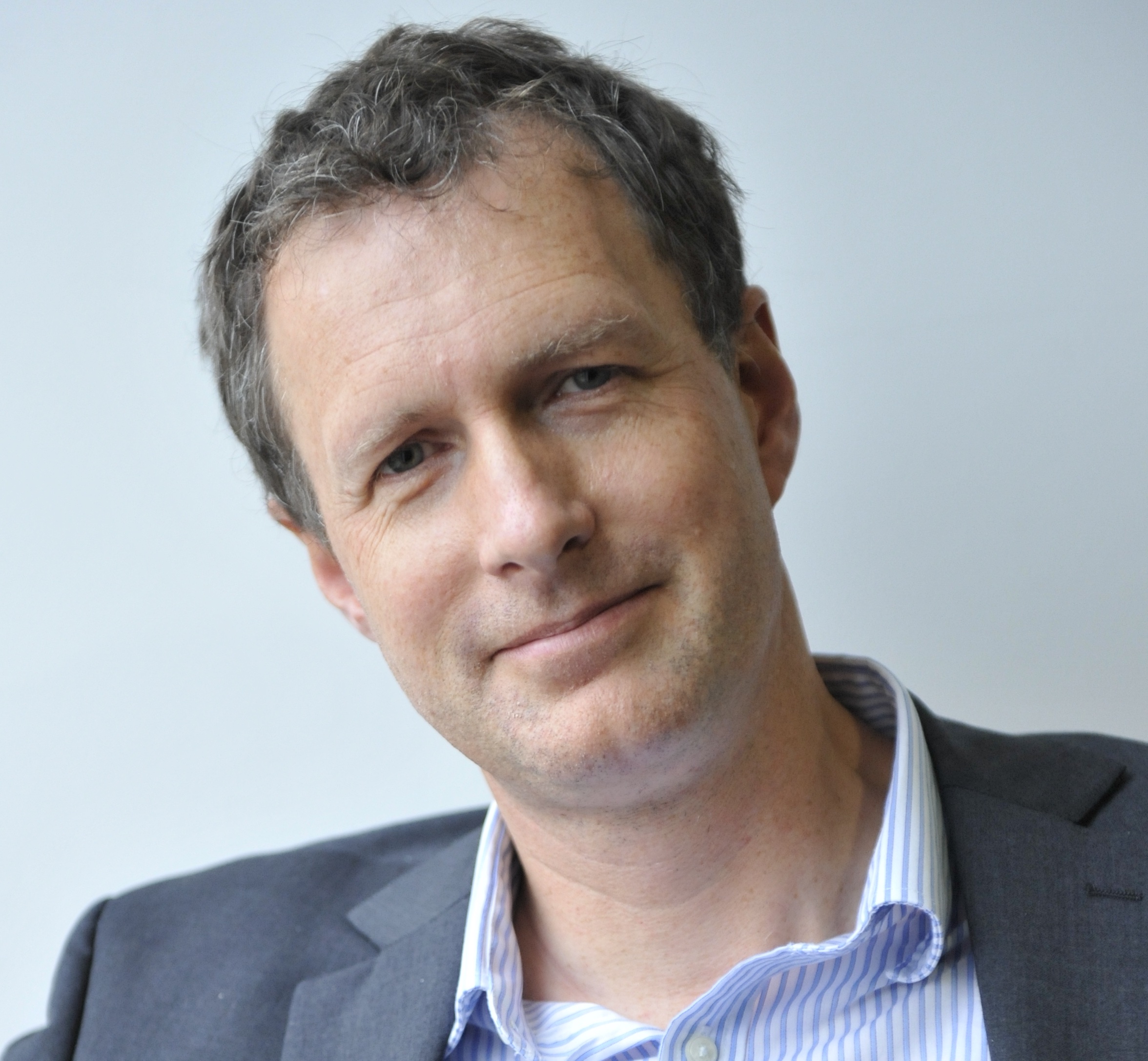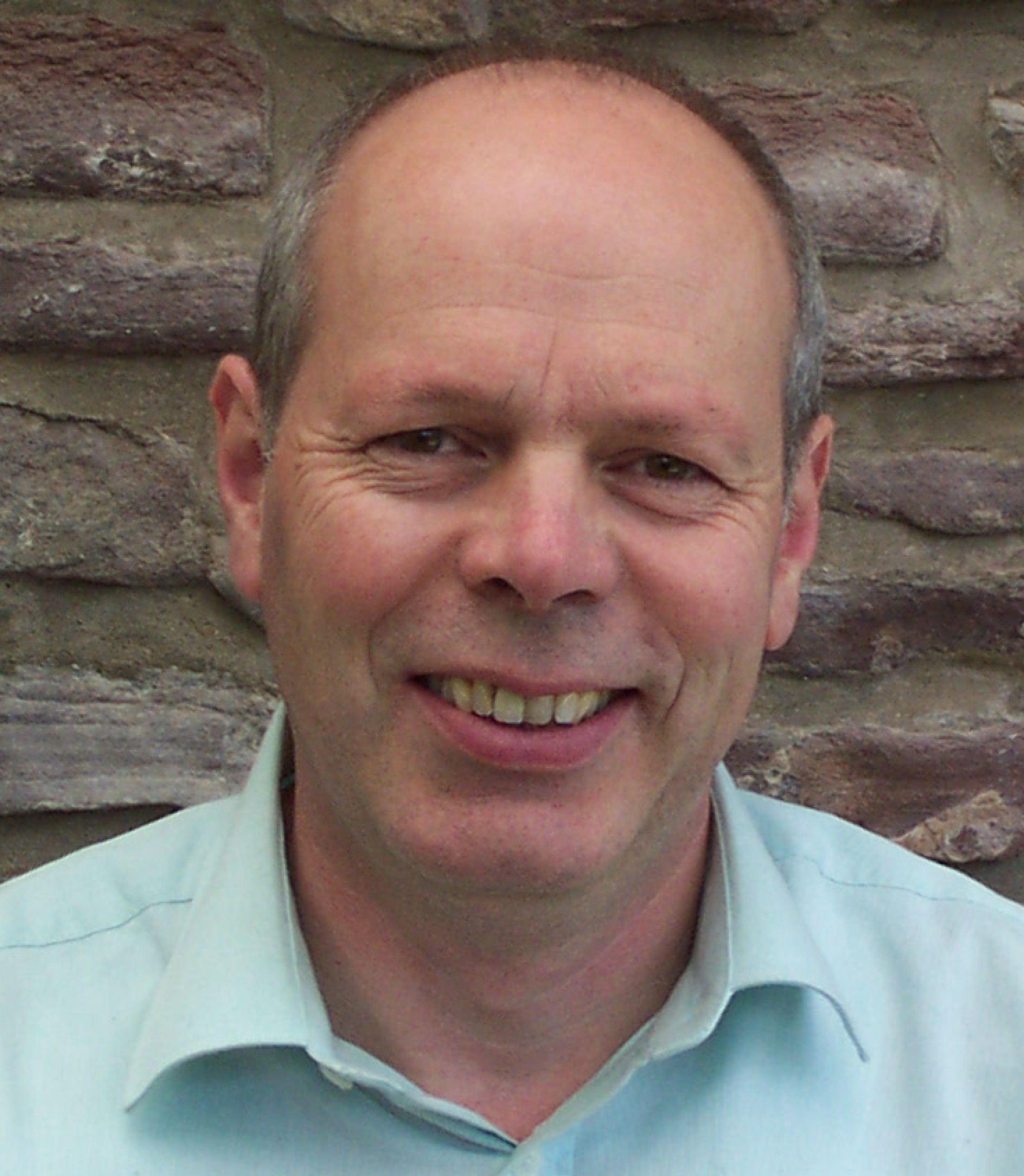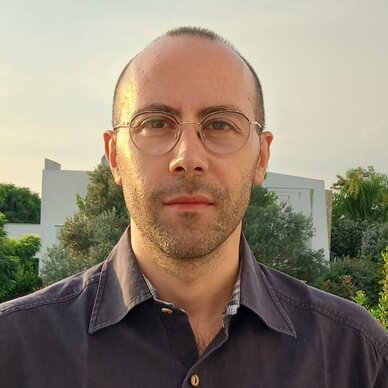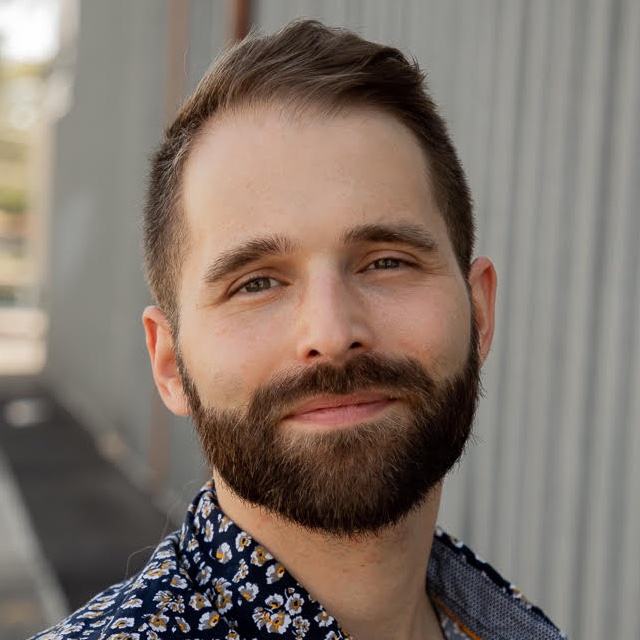Invited Speakers
Invited Speakers
Nick Chater
How could we make a social robot? A virtual bargaining approach
University of Warwick, UK
Nick Chater is Professor of Behavioural Science at Warwick Business School. His research focuses on the cognitive and social foundations of rationality, with applications to business and public policy. He has (co-)written more than 250 research papers and eight books. His book, The Mind is Flat, won the American Association of Publishers PROSE Award in 2019, for Best book in Clinical Psychology. Nick is a fellow of the British Academy, the Cognitive Science Society and the Association for Psychological Science. His research has won awards including the British Psychological Society's Spearman Medal (1996); the Experimental Psychology Society Prize (1997); and the Cognitive Science Society's life-time achievement award, the David E Rumelhart Prize (2023).

Alan Bundy
Representational Change is Integral to Reasoning
University of Edinburgh, UK
Alan Bundy is Professor of Automated Reasoning in the School of Informatics at the University of Edinburgh. His research interests include: the automation of mathematical reasoning, with applications to reasoning about the correctness of computer software and hardware; and the automatic construction, analysis and evolution of representations of knowledge. His research combines artificial intelligence with theoretical computer science and applies this to practical problems in the development and maintenance of computing systems. He is the author of over 300 publications and has held over 60 research grants.
He is a fellow of several academic societies, including the Royal Society, the Royal Society of Edinburgh, the Royal Academy of Engineering and the Association for Computing Machinery. His awards include the IJCAI Research Excellence Award (2007), the CADE Herbrand Award (2007) and a CBE (2012). He was: Edinburgh's founding Head of Informatics (1998-2001); founding Convener of UKCRC (2000-05); and a Vice President and Trustee of the British Computer Society with special responsibility for the Academy of Computing (2010-12). He was also a member of: the Hewlett-Packard Research Board (1989-91); the ITEC Foresight Panel (1994-96); both the 2001 and 2008 Computer Science RAE panels (1999-2001, 2005-8); and the Scottish Science Advisory Council (2008-12).

Mateja Jamnik
How can we make trustworthy AI?
University of Cambridge, UK
Mateja Jamnik is developing AI techniques for human-like computing – she models how people solve problems to enable machines to reason and learn in a similar way to humans. She applies AI and reasoning techniques to medical data to advance personalised cancer medicine, and to education to personalise tutoring systems. Mateja is passionate about bringing science closer to the public and engages frequently with the media and outreach events. She has been advising the UK government on policy direction in relation to the impact of AI on society.

Antonio Lieto
The Cognitive Paradigm in the Artificial Intelligence Research
University of Salerno, Italy
Antonio Lieto is Associate Professor in Computer Science at University of Salerno (Italy) and a researcher at the ICAR-CNR Institute in Palermo (Italy). His main research topics include commonsense reasoning, language and knowledge technologies, cognitive architectures for intelligent interactive agents (embodied and not). He has been Vice-President of the Italian Association of Cognitive Sciences (AISC, 2017-2022), the recipient of the “Outstanding BICA Research Award” from the Biologically Inspired Cognitive Architecture Society (USA), and is an ACM Distinguished Speaker on the topics of cognitively inspired AI. He has authored the book “Cognitive Design for Artificial Minds” (Routledge/Taylor & Francis, 2021)

Ben Falandays
The real AI alignment problem: How to design systems that adaptively coordinate with the world, with each other, and with us
Arizona State University, USA
Ben Falandays is an Assistant Professor in the School of Social and Behavioral Sciences at Arizona State University. His research program focuses on building computational models that bridge multiple domains within cognitive science, including neuroscience, development, perception-action, social interaction, language, and culture.
